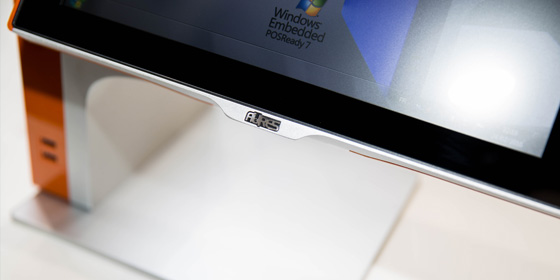by Martyn Nicholls, Service Manager, AURES UK
Whether you sell shoes, tickets or cups of coffee, POS systems are absolutely critical to customer-facing businesses across the retail, leisure and hospitality industries. Not to put too fine a point on it, if your tills go down, if you don’t have any way to process sales, your ability to generate revenue grinds to a halt.
In effect, no POS, no business.
So, what is the real cost if your POS system goes down for a while? A lot depends, of course, on the size and nature of the business, what typical turnover per hour is, and the duration and severity of the failure. But the general consensus is that, in most circumstances, POS outages of any type usually end up carrying a heavy price. At the more extreme end of the scale, a network failure across dozens of Starbucks stores in the US and Canada in 2015 is believed to have cost the coffee shop chain millions in lost revenue. Unable to process sales or open till draws, some staff resorted to giving away coffee for free, while other stores simply shut early. According to research from business IT security specialists Redcentric, 40% of retailers estimate that an hour long systems outage would cost them £10,000. That includes costs from loss of productivity throughout the business as well as repair, but loss of sales through POS is a significant factor. In the same report, 17% of retailers said they could lose up to £100,000 per hour from systems going down. Just imagine that a 10 hour system failure costing £1 million. Interestingly, it seems that the comparative costs increase the smaller the business is the average cost per hour reported by SMEs was £16,000, a huge impact on an independent shop or small local chain.
Peak Disaster
Another important variable is when the outage happens. POS outages at the busiest times – Saturday afternoons, the Black Friday and Christmas peak seasons – can go from being damaging to catastrophic. In 2017, US department store chain Macy’s suffered nationwide problems with its card machines on Black Friday, leading to long queues and disruption on what was its busiest day of trading of the year. And it isn’t just a case of adding up the abandoned sales when people get fed up of queuing and leave the store to shop elsewhere. The Macy’s outage sparked a torrent of complaints on Twitter, doing significant reputational damage to the brand. With eCommerce playing such a big role in retail strategies especially these days, a lot of the focus on IT systems management and maintenance goes on ensuring online sales platforms remain in robust working order. And while it is true that eCommerce sites are just as vulnerable to failure as in-store systems – perhaps even more so it makes little sense to take your eye off the ball on your POS equipment. So, the moral of the story is, especially as we approach this year’s festive peak season, that your business cannot really afford a POS outage. If you want to maintain high margins and want to deliver a level of service that your customers expect, it really pays to take the time to check everything is in good working order and put contingency plans in place should the worst happen.




